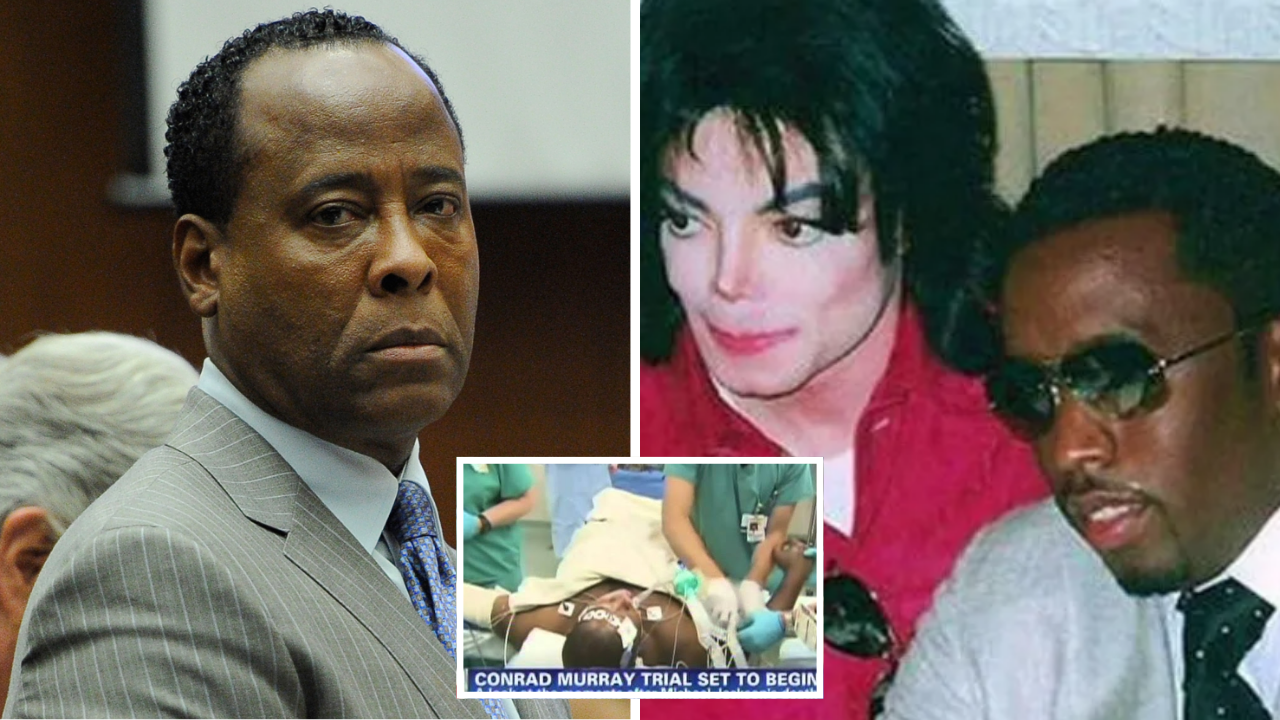Conrad Murray, Michael Jackson’s personal doctor, recently admitted to receiving a large amount of money from Diddy to prescribe an overdose of drugs for Michael Jackson to hide clues about… see more
Michael Jackson ‘s bodyguard shares more about his death in 2009.
Michael Jackson ‘s final bodyguard , Bill Whitfield, has revealed that stress played a major role in the pop icon’s tragic death.
The legend passed away on June 25, 2009, at the age of 50, while preparing for his comeback tour.
 Michael Jackson had a massive career. Photo: X Michael Jackson
Michael Jackson had a massive career. Photo: X Michael Jackson
On what would have been Jackson’s 66th birthday (August 29), Whitfield provided further insight into the music legend’s frail and stressed state in the weeks before his death.
Whitfield, who began his role as Jackson’s bodyguard in December 2006, revealed that the King of Pop was deeply affected by the child sex abuse allegations that haunted him for years.
These allegations first surfaced in 1993 and continued into 2005, leading to a highly publicized trial that ended in Jackson’s acquittal. However, the emotional trauma of these events left Jackson withdrawn and profoundly changed.
“He was very upset,” Whitfield recalled to The Sun, “Everything was different. He had to face trials.”
Initially uncertain about the truth of the allegations, Whitfield gradually became convinced of Jackson’s innocence after observing his interactions with his children and other close relatives.
Despite being cleared of charges, Jackson struggled to recover his reputation and public scrutiny.
In 2009, Michael Jackson announced his “This Is It” tour, which was to mark his triumphant return to the stage. However, as rehearsals progressed, Whitfield noticed that Jackson’s health was deteriorating.
“I could see he was weaker than usual, he’d been training so hard. I could tell it was weighing on him,” Whitfield said.
 The pop legend left an indelible mark. Photo: X Michael Jackson
The pop legend left an indelible mark. Photo: X Michael Jackson
Jackson’s death was eventually determined to be caused by a fatal combination of barbiturates and propofol, an anesthetic provided by his personal physician, Dr. Conrad Murray.
The incident was ruled a homicide, and Murray was later convicted of involuntary manslaughter. While the medical cause of death was clear, Whitfield believed that the extreme stress Jackson was under contributed significantly to his untimely death.
“He was definitely stressed, and that’s why,” he commented.
Whitfield expressed deep sadness that Jackson was unable to fully clear his name and restore his legacy before his death.
He believes the charges and subsequent trial left a lasting impact on Jackson, both emotionally and socially.
“The accusations hurt Michael deeply, and they changed him,” Whitfield stressed.
As the world remembers Michael Jackson on what would have been his 66th birthday, Whitfield’s comments highlight the immense pressures Jackson faced throughout his life.
Despite his incredible success and influence in the music industry, the burden of fame and the weight of the surrounding controversy eventually took its toll.
Michael Jackson’s music continues to resonate with fans around the world, but the circumstances of his death and the challenges he faced in his final years remain an indelible part of his story.
